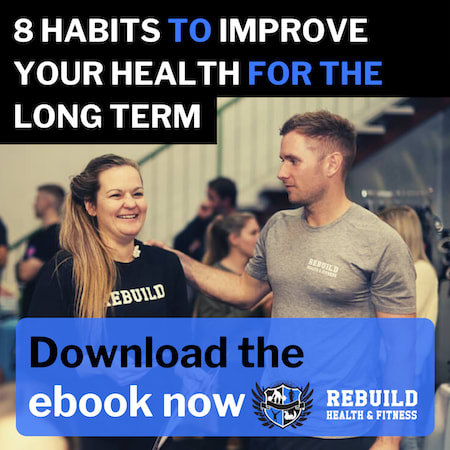Balance in health and wellness refers to the harmonious integration of various aspects of our lives to achieve optimal physical, mental, and emotional well-being. It involves creating a lifestyle where physical activity, nutrition, rest, and mental health are all given equal attention and priority. Achieving balance means recognizing that health is multifaceted and requires a holistic approach. In the context of physical fitness, balance entails incorporating a variety of exercises that promote strength, flexibility, endurance, and cardiovascular health. It also means knowing when to push your limits and when to allow your body to rest and recover to prevent burnout and injuries. Nutritionally, balance means maintaining a diet that provides all the necessary nutrients your body needs to function effectively. This includes consuming a mix of macronutrients—proteins, fats, and carbohydrates—alongside vitamins and minerals. A balanced diet supports overall health, energy levels, and the body’s ability to recover from exercise and daily activities. Mental and emotional balance involves managing stress, practising mindfulness, and fostering positive relationships. It's about making time for relaxation, hobbies, and social interactions that contribute to a sense of well-being and happiness. Ultimately, balance in health and wellness is about finding equilibrium in our daily routines, ensuring that we nurture all aspects of our being. By doing so, we can achieve a sustainable, healthy lifestyle that supports long-term well-being and happiness. In our fast-paced lives, finding balance throughout the week can be challenging but essential for maintaining overall wellness. Here's a guide to help you create a balanced and fulfilling weekly routine that incorporates physical activity, nutrition, rest, and mental health. Start by planning your week ahead. Use a planner or digital calendar to schedule workouts, meal prep, relaxation time, and social activities. Prioritise tasks and set realistic goals to avoid feeling overwhelmed. Aim for a mix of cardiovascular exercises, strength training, and flexibility workouts. Schedule at least 30 minutes of moderate exercise most days of the week. Consider activities like jogging, yoga, or a dance class to keep things interesting. Plan your meals and snacks to ensure you’re getting a balanced diet. Include a variety of fruits, vegetables, lean proteins, whole grains, and healthy fats. Meal prepping on weekends can save time and reduce stress during the week. Rest is crucial for both physical and mental health. Ensure you get 7-9 hours of quality sleep each night. Include rest days in your workout routine to allow your muscles to recover and reduce the risk of injury. Incorporate stress-reducing activities into your week. This can include meditation, deep-breathing exercises, or simply spending time in nature. Schedule short breaks throughout your day to reset and recharge. Keep a water bottle with you and aim to drink at least 8 cups of water a day. Staying hydrated supports overall health and can improve energy levels and concentration. Social connections are important for emotional well-being. Make time to catch up with friends or family, even if it’s just a quick call or a coffee date. Surrounding yourself with supportive people can enhance your mood and reduce stress. Engage in activities that bring you joy and relaxation. Whether it’s reading, painting, gardening, or playing a musical instrument, hobbies can provide a creative outlet and a break from daily routines. At the end of each week, take a moment to reflect on what went well and what could be improved. Adjust your plan as needed to better balance your time and priorities. Incorporate mindfulness practices into your daily routine. Spend a few minutes each day being present and focusing on your breath, thoughts, and feelings. This can help reduce stress and improve overall mental clarity. By following these tips, you can create a balanced weekly routine that promotes physical health, mental well-being, and overall happiness. Remember, balance is about finding what works best for you and being flexible enough to adjust as needed.How to find balance
Finding Balance in Your Week: A Guide to Wellness
1. Plan Your Week
2. Incorporate Physical Activity
3. Prioritise Nutrition
4. Make Time for Rest and Recovery
5. Manage Stress
6. Stay Hydrated
7. Connect with Loved Ones
8. Find Time for Hobbies
9. Reflect and Adjust
10. Practice Mindfulness
10 North Road, Wynnum West, Queensland 4178

